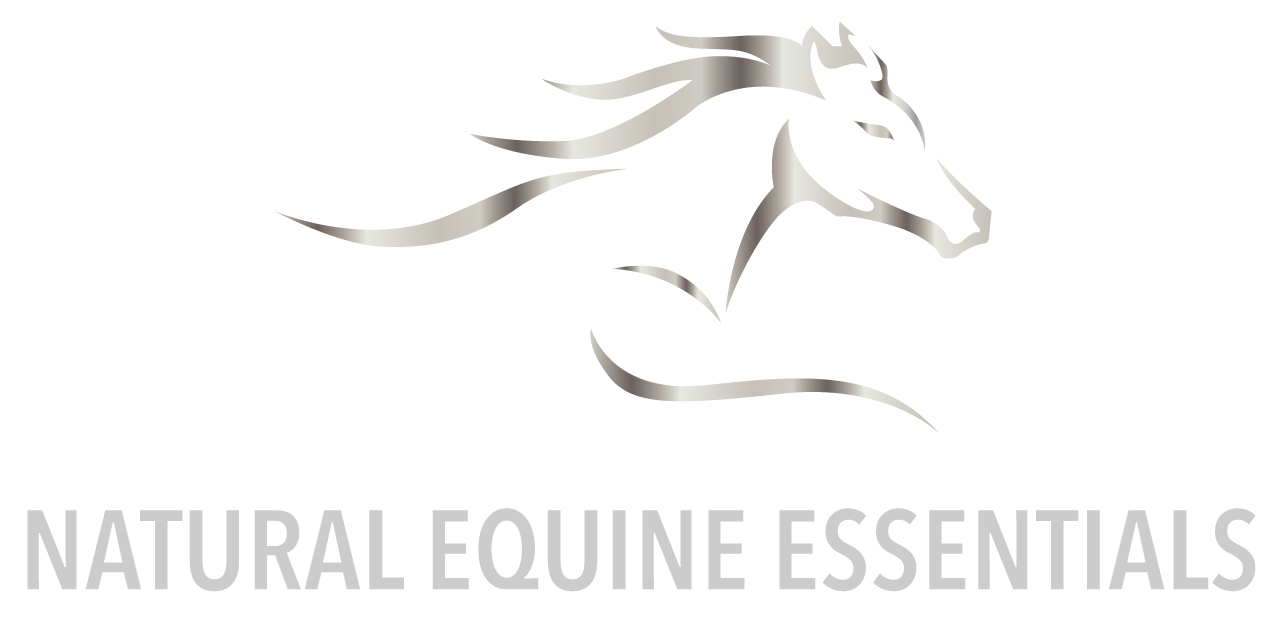By Pat Raia
Experts share feeding, grooming, and bathing tips to keep your horse’s hair coat gleaming.
Most days, Dianne Welde’s gelding, Ringo, looks like he’s about to step into the show ring. The blaze down his face and all four of his stockings are bright white; his mane and tail are shiny and tangle-free; and Welde can almost see her reflection in his coat. Welde attributes Ringo’s shimmer to his diet—high-quality hay and plenty of good pasture as a foundation, along with quality feed that provides Ringo with some calories from fat. But she does not discount the fact that the horse also gets regular grooming—lots of it—from head to toe.
By Cassie Shortsleeve
Certain seeds, like chia and flax, tend to hog the nutritional spotlight. But the less-trendy sunflower seed has plenty of qualities worth highlighting. Here are the health benefits of sunflowers seeds, according to dietitians.
By Stacey Oke, DVM, MSc
Let’s delve deeper into the dietary omega 3 fatty acids benefits for horses, including economic benefits.
Some say beauty is only skin deep, and that beauty is in the eye of the beholder. But what horse lover doesn’t notice (and perhaps drool a little) when confronted with another horse on the course with way healthier skin than their own horse’s and a coat so dazzling it’s nearly blinding?
Equine gastric ulcer syndrome (EGUS) describes horses with erosions or other compromises of the stomach wall. Some horses show few signs of EGUS, whereas others colic, develop diarrhea, and have poor appetites, dull coats, decreased performance, and even behavior changes. Many ulcers develop in the squamous or nonglandular part of the stomach. According to the research team behind a new study*, EGUS should no longer be used as an all-encompassing term. Instead, horses with ulcers affecting the glandular region of the stomach, where stomach acid is produced, should be described as having equine glandular gastric disease (EGGD).
Read MoreGastric ulcers (equine gastric ulcer syndrome [EGUS]) are common in horses and foals. This syndrome is most closely associated with horses involved in performance disciplines; changes in housing or social interaction; and illness. Prevalence in unmedicated racehorses in active training is at least 90%, whereas that in non-racing performance disciplines exceeds 60%. Neonatal foals are at significant risk for development of perforating peptic ulcers until they are several weeks old, because their gastric mucosa is not developed to full thickness at birth. Although spontaneous healing of peptic ulcer lesions has been noted, if the horse is maintained in the circumstances inciting EGUS, the lesions are unlikely to heal without medical intervention.
Read MoreHas everyone—trainers, farriers, friends— ‘diagnosed’ your horse with ulcers? You should probably ask your vet for the truth.
The client walks into my office with a defeated expression. “My horse is really crabby/resistant/unhappy…” she tells me. Before she even takes a breath, I finish the sentence for her… “and your farrier/trainer/friend told you he has ulcers.”
Read MoreA common case of heartburn can bring intense discomfort, even pain, to a person. Imagine your horse trying to perform with a stomach ulcer. Did you know that the clinical signs of ulcers in horses are subtle and nonspecific and might be reflected in a slight attitude change, a decrease in performance, or a reluctance to train?
Read MoreEquine gastric ulcers can affect any horse at any age. Up to 90 percent of racehorses and 60 percent of show horses, as well as non-performance horses and even foals are affected by equine gastric ulcers. These are the result of the erosion of the lining of the stomach due to a prolonged exposure to the normal acid in the stomach. Unlike ulcers in humans, bacteria do not appear to cause equine gastric ulcers. Horses are designed to be grazers with regular intake of roughage. Since the horse’s stomach continually secretes acid, gastric ulcers can result when the horse is not eating regularly due to there being less feed to neutralize the acid.
Read More
